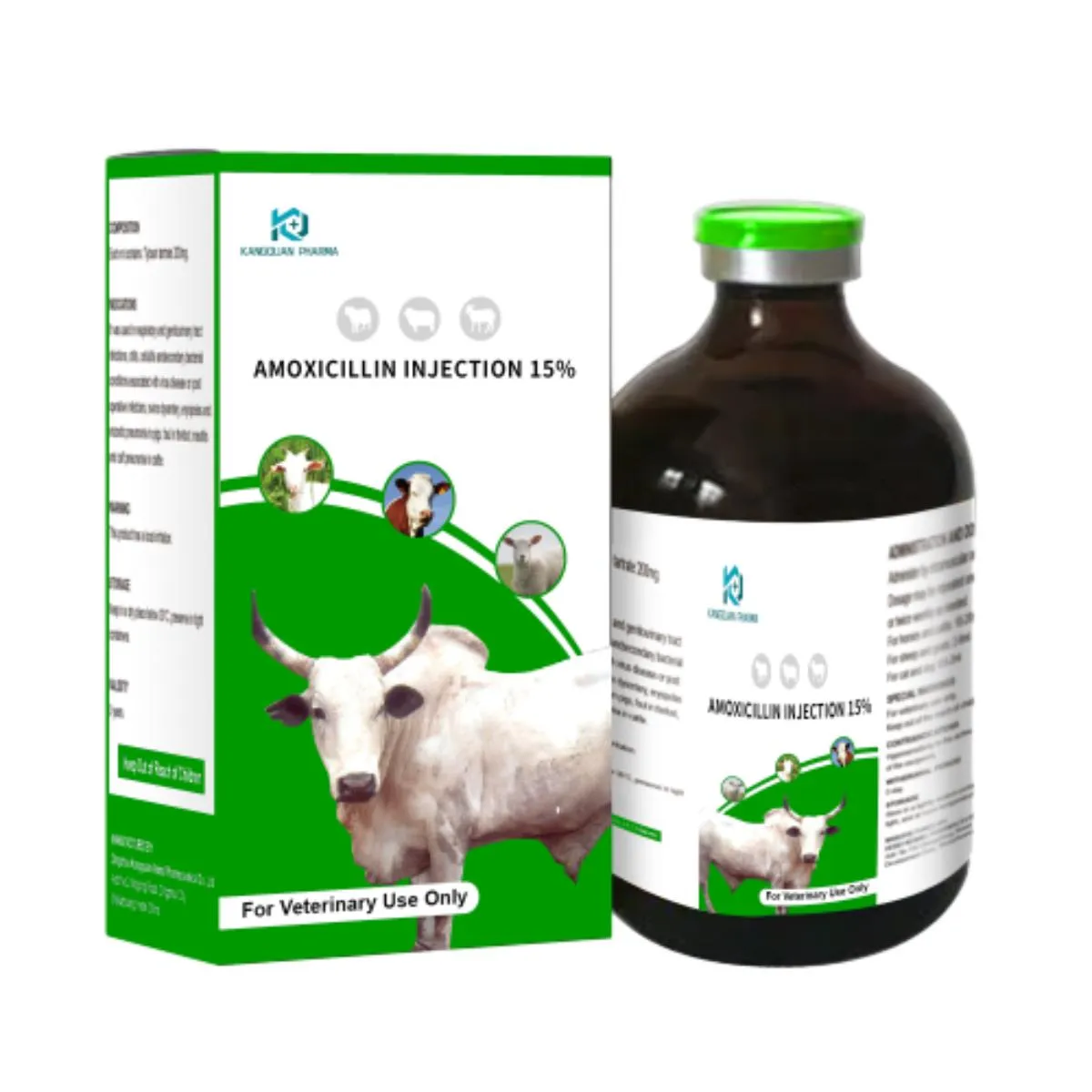- Afrikaans
- Albanian
- Amharic
- Arabic
- Armenian
- Azerbaijani
- Basque
- Belarusian
- Bengali
- Bosnian
- Bulgarian
- Catalan
- Cebuano
- Corsican
- Croatian
- Czech
- Danish
- Dutch
- English
- Esperanto
- Estonian
- Finnish
- French
- Frisian
- Galician
- Georgian
- German
- Greek
- Gujarati
- Haitian Creole
- hausa
- hawaiian
- Hebrew
- Hindi
- Miao
- Hungarian
- Icelandic
- igbo
- Indonesian
- irish
- Italian
- Japanese
- Javanese
- Kannada
- kazakh
- Khmer
- Rwandese
- Korean
- Kurdish
- Kyrgyz
- Lao
- Latin
- Latvian
- Lithuanian
- Luxembourgish
- Macedonian
- Malgashi
- Malay
- Malayalam
- Maltese
- Maori
- Marathi
- Mongolian
- Myanmar
- Nepali
- Norwegian
- Norwegian
- Occitan
- Pashto
- Persian
- Polish
- Portuguese
- Punjabi
- Romanian
- Russian
- Samoan
- Scottish Gaelic
- Serbian
- Sesotho
- Shona
- Sindhi
- Sinhala
- Slovak
- Slovenian
- Somali
- Spanish
- Sundanese
- Swahili
- Swedish
- Tagalog
- Tajik
- Tamil
- Tatar
- Telugu
- Thai
- Turkish
- Turkmen
- Ukrainian
- Urdu
- Uighur
- Uzbek
- Vietnamese
- Welsh
- Bantu
- Yiddish
- Yoruba
- Zulu
7 月 . 28, 2024 09:16 Back to list
Tylosin 200 mg Benefits and Uses for Livestock Health and Disease Prevention
Tylosin An Overview of Its Applications and Importance
Tylosin is a macrolide antibiotic that is widely utilized in veterinary medicine, primarily for its effectiveness against a variety of bacterial infections in animals. Structurally similar to erythromycin, tylosin exhibits a broad spectrum of activity, making it a valuable tool in the management of bacterial diseases in livestock and poultry. The formulation of tylosin, specifically in a concentration of 200 mg, is particularly significant as it highlights the dosage used for various treatments.
One of the primary uses of tylosin is in the treatment of respiratory diseases in cattle and swine. Bacterial pathogens such as Mycoplasma, which often cause pneumonia and other respiratory issues, can be effectively controlled using this antibiotic. By inhibiting protein synthesis in bacteria, tylosin helps to reduce the severity of infections, allowing animals to recover more quickly. Additionally, its use is extended to treat gastrointestinal infections, particularly those caused by bacteria such as Campylobacter and Salmonella, which can lead to serious health issues in livestock.
Tylosin An Overview of Its Applications and Importance
While tylosin is essential for treating infections, its usage is not without controversy. The growing concern surrounding antibiotic resistance has led to increased scrutiny over the application of tylosin and other antibiotics in animal husbandry. Over-reliance on antibiotics can contribute to the development of resistant bacterial strains, posing risks not just to animals but also to human health. As such, it is vital that veterinarians and farmers adhere to strict guidelines regarding dosage and duration of antibiotic treatments.
tylosin 200 mg

In many regions, the use of tylosin and similar drugs is regulated to ensure proper use and to mitigate the risk of resistance development. This includes maintaining records of antibiotic use, implementing withdrawal periods before animals are sent to market, and promoting alternatives to antibiotic treatment, such as improved management practices and vaccination.
Another noteworthy aspect of tylosin's application is its role in feed additives. Tylosin is often incorporated into animal feeds, providing a convenient way to administer the antibiotic while promoting overall animal health. This form of delivery can enhance feed efficiency, improve weight gain, and reduce the incidence of disease outbreaks, further solidifying tylosin's importance in modern animal agriculture.
As the landscape of veterinary medicine continues to evolve, it is essential to balance the benefits of using antibiotics like tylosin with the need to ensure the long-term effectiveness of these vital drugs. Research into alternative therapies, such as probiotics and other immunomodulators, is ongoing, with the goal of reducing dependence on traditional antibiotics while still maintaining animal health and productivity.
In conclusion, tylosin, particularly in its 200 mg formulation, plays a critical role in the treatment and management of various bacterial infections in livestock and poultry. While its benefits are undeniable, the challenges associated with antibiotic resistance necessitate responsible use and ongoing research. By striking a balance between effective treatment and the promotion of sustainable agricultural practices, the veterinary field can continue to support animal health while safeguarding public health.
-
The Power of Radix Isatidis Extract for Your Health and Wellness
NewsOct.29,2024
-
Neomycin Sulfate Soluble Powder: A Versatile Solution for Pet Health
NewsOct.29,2024
-
Lincomycin Hydrochloride Soluble Powder – The Essential Solution
NewsOct.29,2024
-
Garamycin Gentamicin Sulfate for Effective Infection Control
NewsOct.29,2024
-
Doxycycline Hyclate Soluble Powder: Your Antibiotic Needs
NewsOct.29,2024
-
Tilmicosin Premix: The Ultimate Solution for Poultry Health
NewsOct.29,2024













